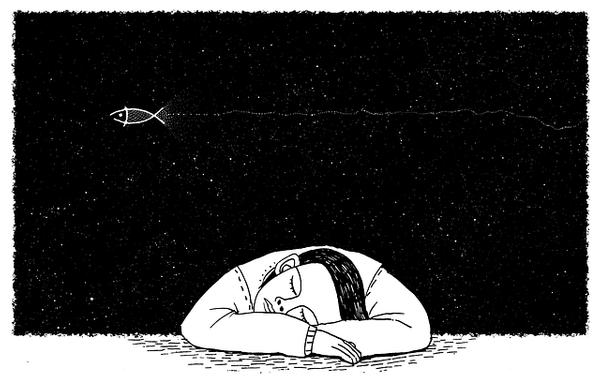Return To Blog
Marijuana & Sleeping: What You Need to Know
October 2, 2019
Anyone who has ever suffered from insomnia, the inability to fall asleep, knows just how frustrating and painful the condition can be. A significant lack of sleep and sleep disorders can affect your mental and physical health, as well as increase the risk of long-term medical problems. Many people across Denver, Littleton, Aurora and surrounds are now turning to marijuana as a potential cure to their insomnia problems with tremendous success. Read on to see how marijuana may positively affect your ability to fall asleep and stay asleep throughout the night.Â
Conventional sleeping pills suppress the body’s natural sleep cycle, making you feel more tired during the day. Marijuana, however, impacts all five stages of sleep more naturally, promoting muscle relaxation, providing pain and stress relief, and producing a sedative effect. In fact, a 2013 study confirmed that it takes less time for marijuana users to fall asleep that those who had utilized conventional sleeping aids. The participants in the study also had more daytime sleep the next day.
Stages three and four of the human sleep cycles, often seen as one connected cycle, are commonly referred to as ‘deep sleep’. This “slow-wave†or “delta sleep†stage is essential for repairing tissue and muscles, boosting our immune system and aiding in growth. A quality delta sleep cycle is also what helps us feel refreshed the following day. The consumption of marijuana can lengthen the time our brain spends in deep sleep so that we can make the most of these positive qualities.
Cannabis has also been shown in several early studies as potentially as a potentially effective tool against sleep apnea, a sleep disorder characterized by periods of shallow breathing or cessation of breathing during sleep. Marijuana can potentially stabilize and calm breathing in patients with sleep apnea, induce peaceful and continuous sleep during the night, and, therefore, restore restful, productive sleep cycles.
When it comes to directly treating insomnia, notably the quality and quantity of sleep, tetrahydrocannabinol, commonly known as THC, has proven to be more helpful than its sister CBD. That’s because when taken in small doses, THC tends to provide a relaxing, sedative feel, which can help you fall asleep and stay asleep longer.
Questions about how THC can be utilized as an effective tool in treating insomnia? Stop by one of the Denver area’s four Altitude Dispensaries to talk with one of our trained professionals about how THC can help you improve the quality of your sleep.Â
Conventional sleeping pills suppress the body’s natural sleep cycle, making you feel more tired during the day. Marijuana, however, impacts all five stages of sleep more naturally, promoting muscle relaxation, providing pain and stress relief, and producing a sedative effect. In fact, a 2013 study confirmed that it takes less time for marijuana users to fall asleep that those who had utilized conventional sleeping aids. The participants in the study also had more daytime sleep the next day.
Stages three and four of the human sleep cycles, often seen as one connected cycle, are commonly referred to as ‘deep sleep’. This “slow-wave†or “delta sleep†stage is essential for repairing tissue and muscles, boosting our immune system and aiding in growth. A quality delta sleep cycle is also what helps us feel refreshed the following day. The consumption of marijuana can lengthen the time our brain spends in deep sleep so that we can make the most of these positive qualities.
Cannabis has also been shown in several early studies as potentially as a potentially effective tool against sleep apnea, a sleep disorder characterized by periods of shallow breathing or cessation of breathing during sleep. Marijuana can potentially stabilize and calm breathing in patients with sleep apnea, induce peaceful and continuous sleep during the night, and, therefore, restore restful, productive sleep cycles.
When it comes to directly treating insomnia, notably the quality and quantity of sleep, tetrahydrocannabinol, commonly known as THC, has proven to be more helpful than its sister CBD. That’s because when taken in small doses, THC tends to provide a relaxing, sedative feel, which can help you fall asleep and stay asleep longer.
Questions about how THC can be utilized as an effective tool in treating insomnia? Stop by one of the Denver area’s four Altitude Dispensaries to talk with one of our trained professionals about how THC can help you improve the quality of your sleep.Â
